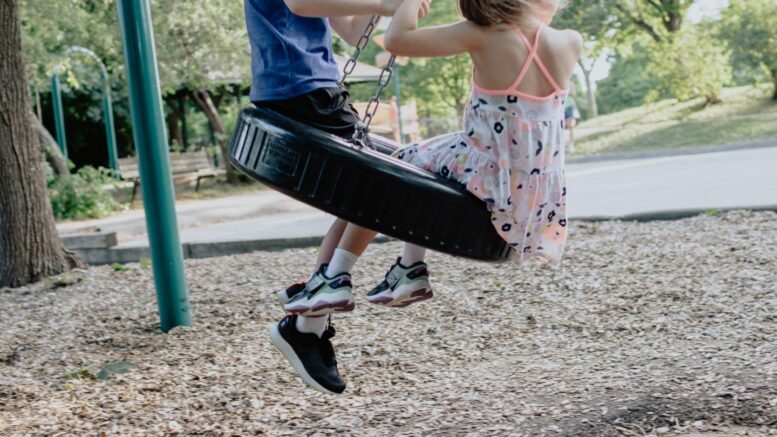Children are protected from severe COVID-19 because their innate immune system is quick to attack the virus, a new study has found.
The research led by the Murdoch Children's Research Institute (MCRI) and published in Nature Communications, found that specialized cells in a child's immune system rapidly target the new coronavirus (SARS-CoV-2).
MCRI's Dr Melanie Neeland said the reasons why children have mild COVID-19 disease compared to adults, and the immune mechanisms underpinning this protection, were unknown until this study.
"Children are less likely to become infected with the virus and up to a third are asymptomatic, which is strikingly different to the higher prevalence and severity observed in children for most other respiratory viruses," she said.
"Understanding the underlying age-related differences in the severity of COVID-19 will provide important insights and opportunities for prevention and treatment, both for COVID-19 and possible future pandemics."
The study involved an analysis of blood samples from 48 children and 70 adults across 28 Melbourne households infected with, or exposed to, the new coronavirus. Immune responses were monitored during the acute phase of infection and up to two months afterwards.
Francesca Orsini and Alessandro Bartesaghi took part in the study along with their two daughters, Beatrice and Camilla, after all tested positive to COVID-19.
Both daughters, aged six and two, only had a mild runny nose but Francesca and Alessandro had extreme fatigue, headaches, muscle pain and loss of appetite and sense of taste. It took Francesca and Alessandro at least a fortnight to fully recover.
Neeland said the study showed that children with COVID-19 have a more robust innate immune response to the virus compared to adults.
"Coronavirus infection in children was characterized by activation of neutrophils, the specialized white blood cell that helps heal damaged tissues and resolves infections, and a reduction in first-responder immune cells such as monocytes, dendritic cells and natural killer cells from the blood," she said. "This suggests these infection-fighting immune cells are migrating to infection sites, quickly clearing the virus before it has a chance to really take hold."
"This shows that the innate immune system, our first line of defense against germs, is crucial to prevent severe COVID-19 in children. Importantly, this immune reaction was not replicated among adults in the study."
But Neeland said children and adults who were exposed to, but tested negative for the coronavirus also had altered immune responses.
"Both kids and adults had increased neutrophil numbers, out to seven weeks after exposure to the virus, which could have provided a level of protection from disease," she said.
The study confirms previous MCRI research that found three children in a Melbourne family developed a similar immune response after prolonged exposure to the coronavirus from their parents.
The research stated although the children had been infected with the coronavirus, they were able to mount an immune response which was highly effective in stopping the virus from replicating, meaning they never returned a positive test.
Researchers from the University of Melbourne and The Royal Children's Hospital also contributed to the study.
Reference: Melanie R. Neeland, Samantha Bannister, Vanessa Clifford, Kate Dohle, Kim Mulholland, Philip Sutton, Nigel Curtis, Andrew C. Steer, David P. Burgner, Nigel W. Crawford, Shidan Tosif and Richard Saffery. 'Innate cell profiles during the acute and convalescent phase of SARS-CoV-2 infection in children,' Nature Communications. DOI: 10.1038/s41467-021-21414-x
Source: Murdoch Children's Research Institute

Be the first to comment on "Immune System Protects Children From Severe COVID-19"